How do people step by step to become experienced slaves?
Author:Cool brain Time:2022.08.24

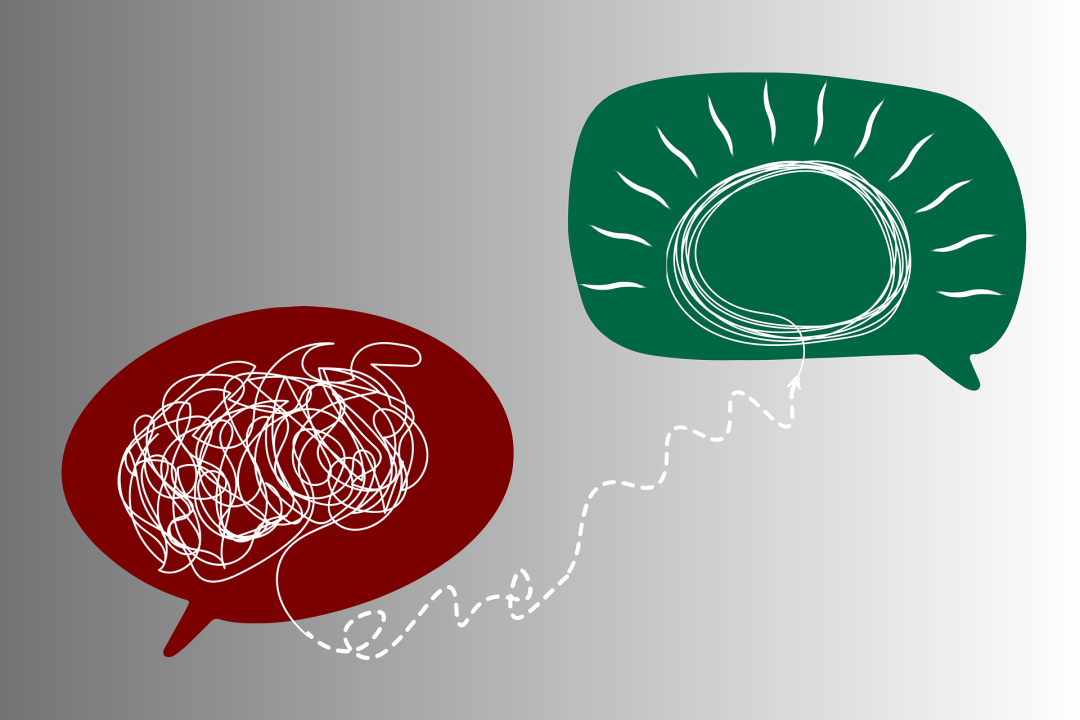
Via: Rozie
The following is the audio of the full text of Miss Sister
Author | Chatel Prat
Translation | Cotton Bear
Grade -Cool Brain Creative
Reading | Pigeon Tsai
Artist | Old carving worm
Edit | Sales increase
The brain is shaped by our experience so that we can adapt to various situations.
We remembered the first day when the new crown epidemic received the "stay at home" order. My attitude changed quickly from "maybe it is temporary, just like Blizzard at home" to feel like a bird who was locked in a cage. As a person who does not like to be pointed at his hands, this transformation is very difficult.
But do you know? I'm used to it. Although this major epidemic has a greater impact on the lives of some of you, I know it affects each of us in a way we never forget. Now, after two years of calculations, I am convinced that everyone who reads this article is fundamentally different from the attitude of the epidemic.
Because our brain works like this. They are shaped by our experience so that we can adapt to different situations.
This is actually one of the most human things in our brain. In fact, according to some views of contemporary human evolution, our ancestors have experienced a "cognitive revolution" because they are forced to adapt to the environment. There is evidence that during the period when extreme weather is unstable, the volume of our ancestors' brain will increase. For the flexibility of our brain, a popular explanation is that primitive humans who cannot adapt to environmental changes have not survived. In other words, modern human brains are selected for their ability to learn and adapt to changing environment.
But one of the main costs of this significant flexibility is that human beings have no concept of preconceived about how things operate. If you talk to someone about something you have participated, you may think that one of you has delusions, because your story is too different, you may find out how much your experience is shaped to shape your experience to create a extent You understand the way the surrounding world. This may be crazy because -let us face reality -our own brain is really convincing when building our personal version is really convincing. Remember the dispute between the blue gold skirt? Although when others are different from you, you will feel that you can persuade others to see others, but it is entirely possible that you are all saying that you see it. The truth.
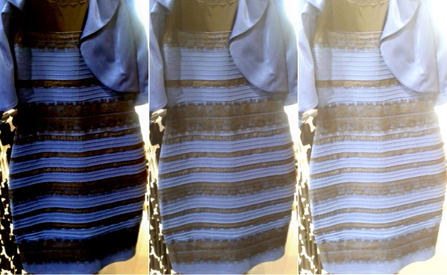
Tuyuan Internet
One of the most important ways to shape your brain is the process of being called Hebbian Learning. In essence, Hebbian Learning is a biological mechanism that allows your brain to maintain a set of statistics about the frequency of things in your environment.
Just as the sports team will save the statistics of the players and use this data to determine who will be transferred to other clubs, your brain also has a way to "calculate" the frequency of different types of events, and you are receiving receiving. Until the case of incomplete information, use this system to find the most likely things.
Fortunately, your brain statistical data does not require you to calculate any calculations. On the contrary, this is automatically occurred in the connection between gossip neurons -in the space to decide who is talking to whom and how much speaking. Time is very important for organizations. It turns out that this is also important for learning.
When the two neurons are almost excited at the same time, the connection between them will be strengthened, increasing the possibility of one of the information that receives the other. Although the actual principles of Herb theory are more subtle than this, I always remember the attractive slogan I learned for the first time in the undergraduate: "The neurons stimulated together." This situation happened. The more frequent, the stronger the connection between the two neurons. This is how your brain connects these points. It assumes that if Event A and Event B always always occur at the same time, they are part of the same "neural event". Once this happens, even if your brain only gets evidence that A occurs in the external world, it may assume that B has also occurred and will create that experience for you.
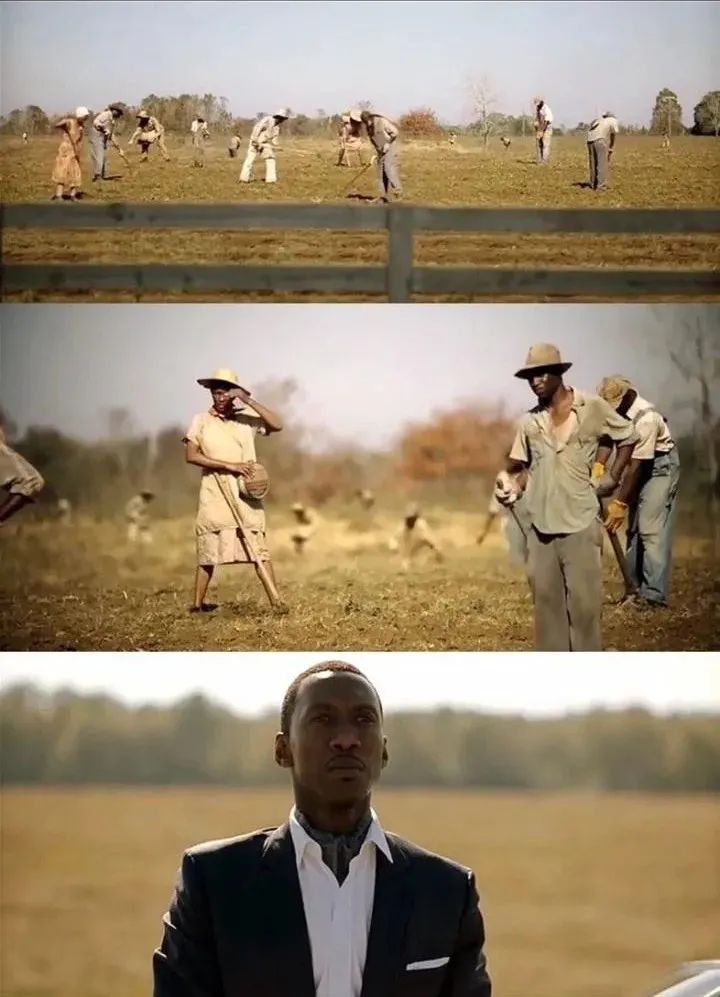
VIA: "Green Paper"
I want to specify that when developing your point of view, what is "calculated" is experience. Simply put, you learn from all neural experience. From the perspective of your brain, it is not important if your signal comes from what you see in the outside world, the fantasy of daydream, or the intention to imagine your potential future. Each corresponding electric storm will shape the pattern of your brain database.
Almost everyone has a common experience. It has a wide range of influence on your thoughts and brains, which is what we call the language. This is because language is the center of our thinking, feeling and behavior, and we are using it most of the time.
If you only understand the above language, or your second language knowledge is limited, or it is acquired by the day after tomorrow (for example, after adolescence), then your brain will only adapt to your first language, compared to those who are compared to those who are those who are compared to those who are those who are compared to those. Those who have more language experience. One of the benefits of doing this is that your brain may use this language easier to use this language than those who have learned many languages. Roughly speaking, people in a variety of languages have more choices when they use their statistics to understand or produce a language. Before using any specific language, they need to solve the competition between them. This means that they need to spend a few seconds to get any language information they need to use, even in their most skilled language. However, it is also good for extensive contact with different types of statistics. People who come into contact with multiple languages not only have richer behavior choices, they may also consider more information when deciding how to act -for example, which language they think are the most suitable in the current environment. However, the cost of different response methods of "in the wild" will definitely increase. In short, the wider the range of brain exposure, the slower the processing speed of any specific environment or background, but this can also make a person prepare for more situations.
Donaldheb
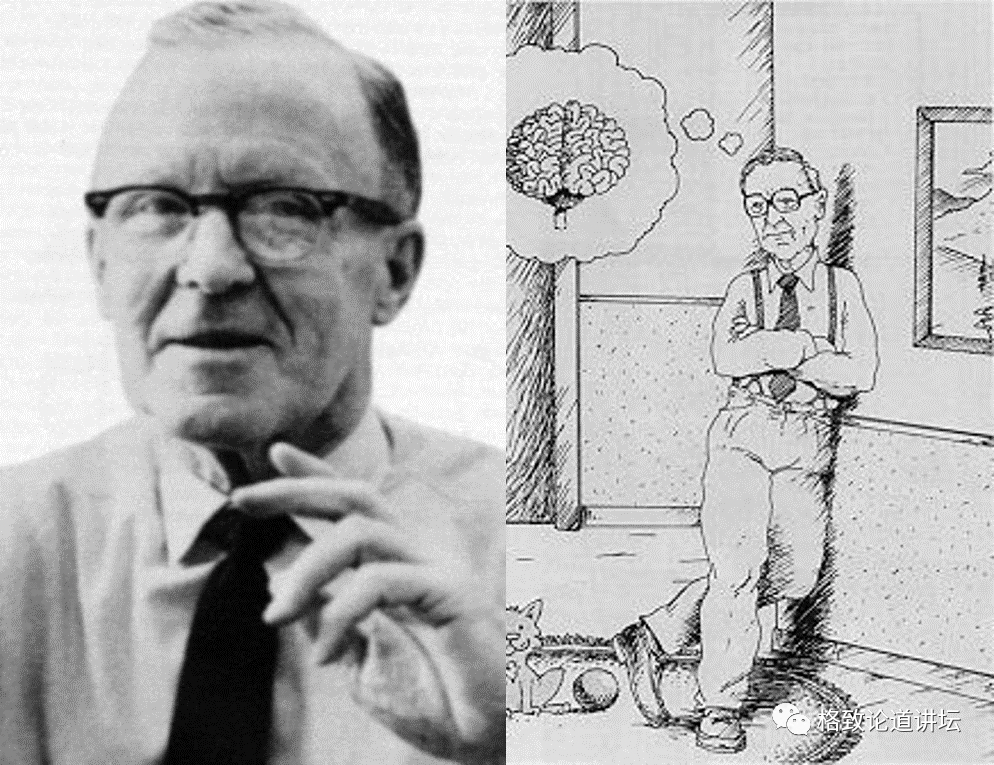
Most of us know that learning language is much easier to learn language than adults in his childhood. This raises a question: how many studies are carried out in the early stages of life, to to what extent can we adapt to future life? In short, different parts of the brain have different adaptation windows.
In order to simplify, we can divide the brain area into three types according to the degree of opening up and the time of perseverance. The first type, which is almost completely composed of part of the function of maintaining life in the brain, is independent of experience. These are parts of key functions such as breathing, heart rate, and body temperature regulating in the brain. These functions have little change in different environments.
The next is the experience expectation area. These parts of the brain are destined to learn and explain specific types of information about the "outside" world, because they can receive information from our senses. For example, among normal infants, the light entered through the eyes is transmitted to the pillow leather layer at the back of the brain, and the sound of entering the ears is transmitted to the auditory cortex on both sides of the brain. Snock treatment at the bottom of the front. We must learn to identify what we see, hear and smell, which enables human babies to grow in their birth environment.
However, many areas of expected experience also have the "critical period" of input. At the beginning of life, they are waiting for data and have incredible plasticity. But with the increase of your age, these areas have accumulated information about the surrounding world. They become more and more stubborn when dealing with what they expect, and they are rarely affected by new experience in the external world.
Fortunately, some of our brains have maintained plasticity most of our lives. These are parts of dependence in the brain. These include most of our "contact" areas of the cerebral cortex, including areas that allow us to get new words in our lives.
One of the most critical experiences relying on the frontal leaf, it supports most flexible behaviors that humans adapt to the environment. Base neuropathy also depends on experience. In fact, they can be said to be one of the most adaptable brain areas because they are rich in dopamine communication signals that increase nerve plasticity. This is very important for the decision -making process of shaping the brain.
Tuyuan Internet
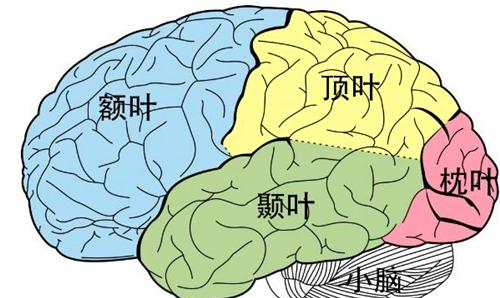
Unfortunately, these regions that depend on experience also lead us to some dead alleys: for example, they shaped our hidden prejudice about race, age, gender, and sexual orientation. Even if these prejudice involves the way we learn the way that the advanced concepts that occur at the same time or under the same background are associated with another concept, they will still affect our early sensual understanding of the world in a disturbing way.
An obvious example is that in the laboratory around the world, under different groups and different conditions, it is repeatedly proved that when a blurry object is placed next to a black face (in space or time or time ), People are more likely to report their weapons.
Keith Payne proves this effect for the first time in 2001. Of the two experiments, Payne showed a series of black and white pictures of tools or pistols to 60 non -black participants. These pictures flickered quickly on the screen, one -fifth of the second, and asked them to point out what they saw. Essence The problem is that in the two experiments, there is a black or white man's face in front of each of the identified objects. Research participants were told that these faces were just the upcoming prompts; they were not expected to have any relationship with the object, and in fact they had no. In front of tools and pistols, the faces of black and white people also appear frequently. Nevertheless, Payne's participants found that according to their reaction time, it is easier to identify pistols when seeing a black face than to see a white face. With the face of black people, guns are easier to recognize than tools, although they are also easily recognized when they are with white faces.
Although the scale of this impact is small, the information it reflects the brain of learning and participants is important. In the experiment, it is the easiest thing to display the gun behind the black face. This fact shows that on average, the neural database of the participants contains a strong enough connection between the black face and the gun, so as to thus on their brain Created a shortcut. In other words, why people can recognize guns faster after seeing the face of black people. The most direct explanation is that when they see the black face alone, their brains have begun to fill the concept of blank and build weapons. For anyone who can see the news, the fatal consequences of this incident are obvious. Unfortunately, this original study basically did not answer a key question: how do we fix it? First of all, we must figure out where the data that caused these bias comes from. Although many Americans have guns, it is difficult to believe that ordinary college students in these studies have a lot of (or any) experiences with black and guns in real life. So, where do these shortcuts come from?
VIA: "Green Paper"
To put it simply, the less you experience a specific type of person, place or thing in real life, the more likely you to the database bar of the theme on the theme. Readed in social media, or in the fictional description. Therefore, if the black face you see on TV is more likely to hold a gun instead of a stethoscope, your brain will think that this is real and incorporates it into the experience -based lens you see.
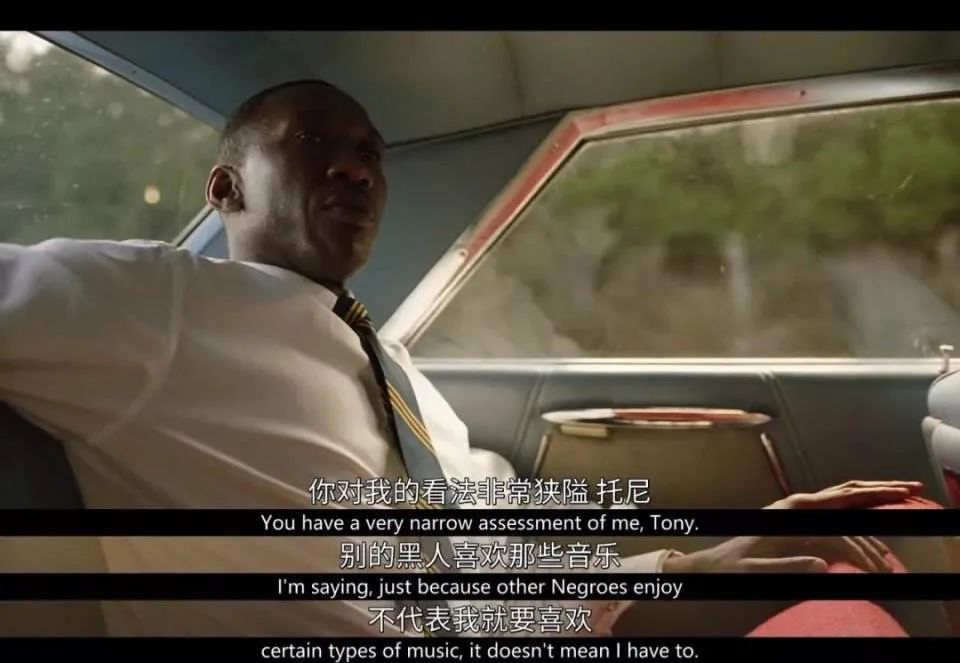
In this way, when we consume the realistic version of others, many of our brains are actually affected by systemic prejudice. These prejudices affect our understanding of the world in a fast and automatic way. This reminds me of another important difference -those participating in this research have such a shortcut in their brains, and they may not have conscious and clear ideas for what kind of people carry guns. In fact, your explanation faith is completely contradictory with your experience database.
You may think that the internal prejudice is the result of excessive adaptation. When the brain becomes deeply ingrained in an environment that you want to live than you want, this happens. When we start to get rid of the epidemic isolation foam that is more narrow than usual, it seems more important to realize that this over -adaptation seems to be.
In order to correct the shortcuts in our brains, we can let ourselves come into contact with various real world experiences, and allow the stories that tell us from different angles to shape us. If we can consider what kind of experience we instill at the brain, we can help shape the way to adapt to the world in the future.
VIA: "Green Paper"
Reference (click slide to view)

1.The Neuroscience of You: How Every Brain Is Different and How to Understand Yours by Chantel Prat, Ph.D., published on August 2, 2022 by Dutton, an imprint of Penguin Publishing Group, a division of Penguin Random House, LLC Copyright (C) 2022 by Chantel Prat.
Cool brain long -term collection of brain science and psychological articles, welcome to submit
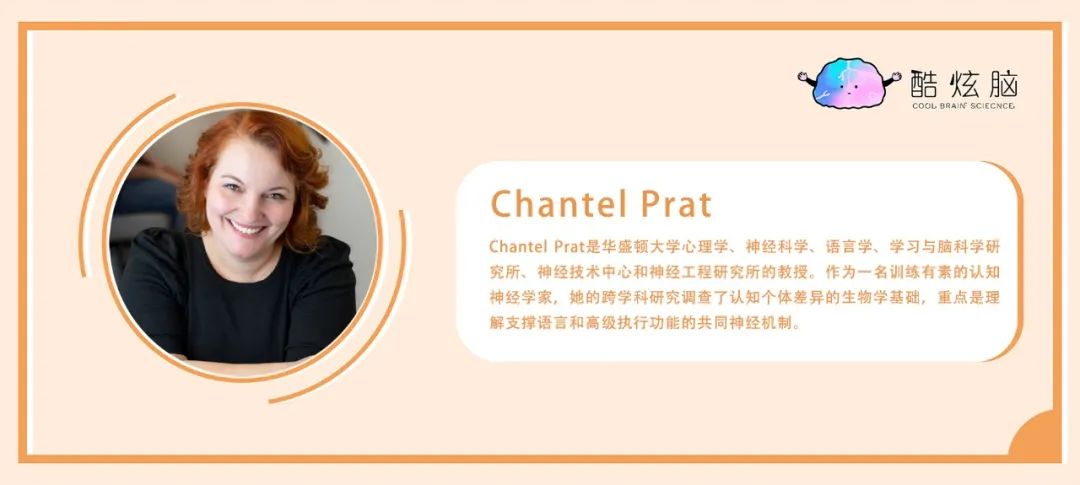

Please submit a mailbox: [email protected]
Click here, let friends know that you love brain science
- END -
Is it safe to disinfect the tableware?Let's understand the inspection and sampling inspection together
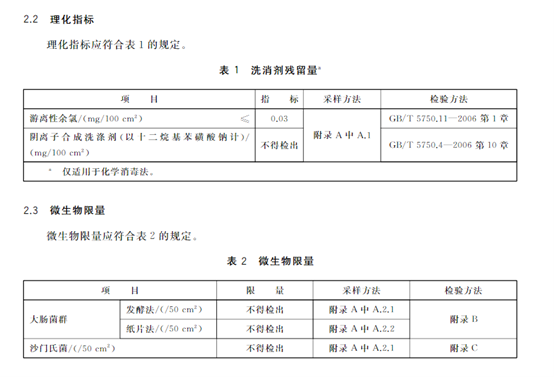
Source: Liuzhou Market Supervision WeChatWhether it is to solve daily dining or oc...
Come in to learn "Study Study"!

【Write in the end】· There are about 2000-4000 taste buds on our tongue. Each ta...